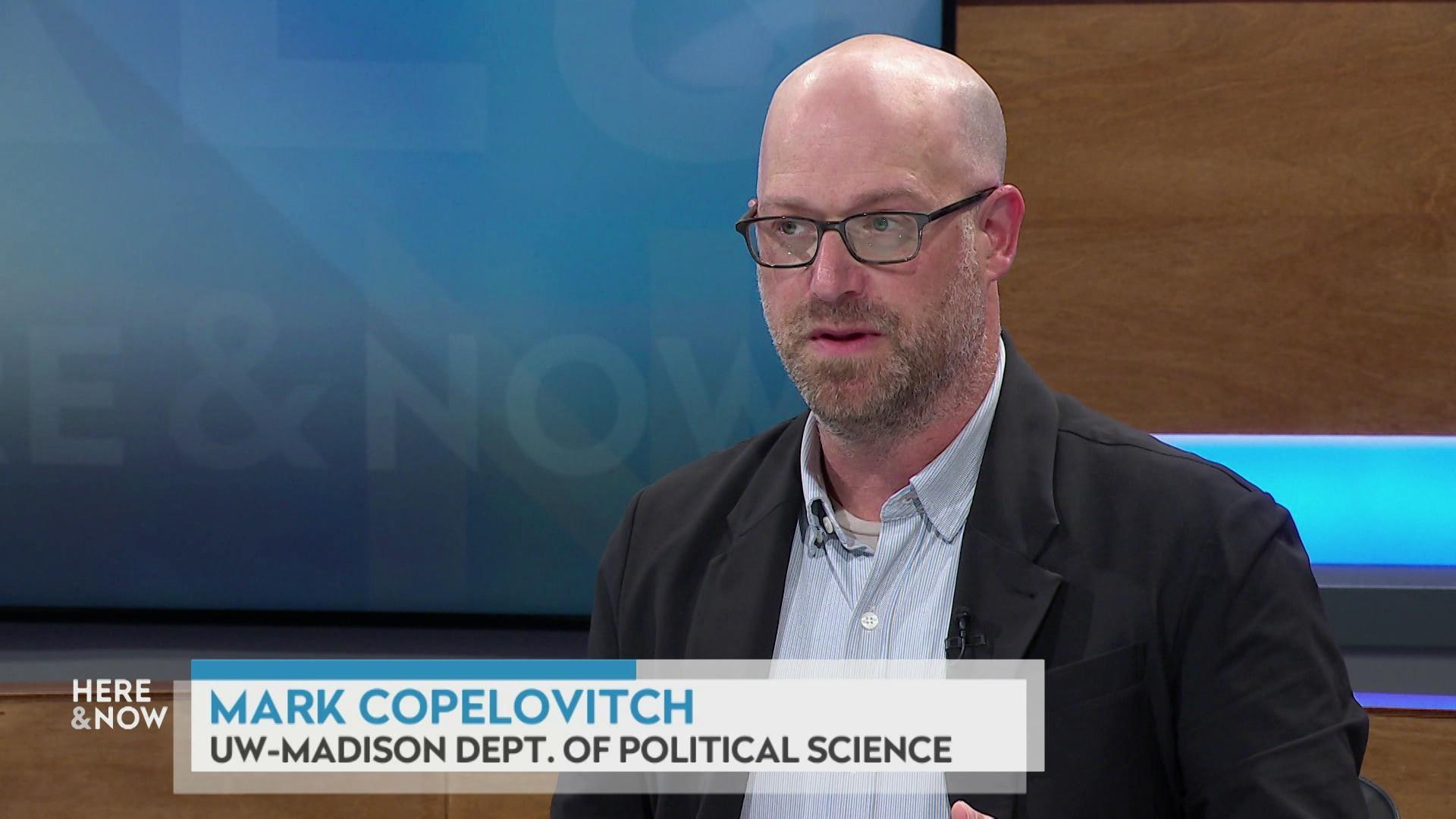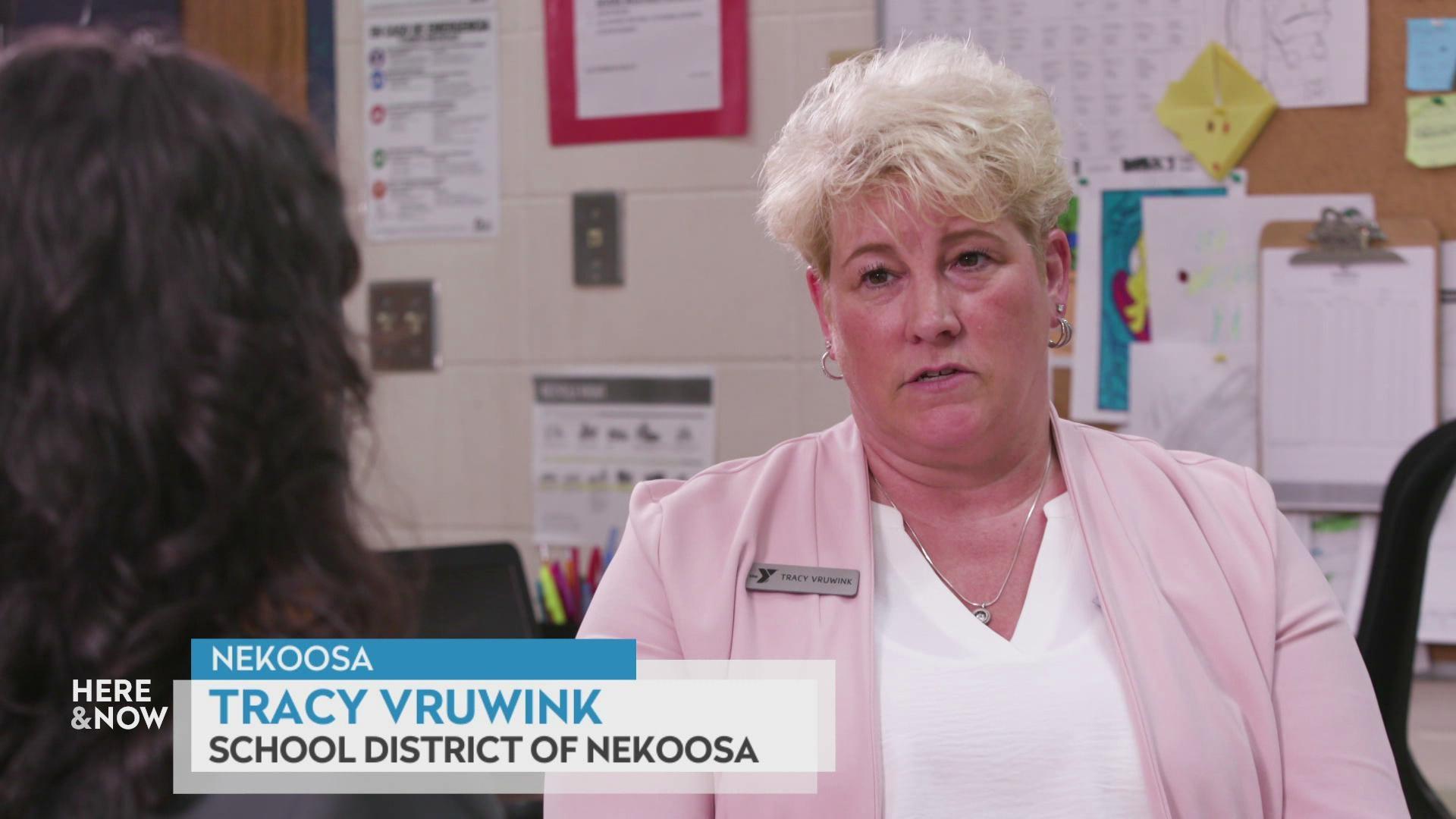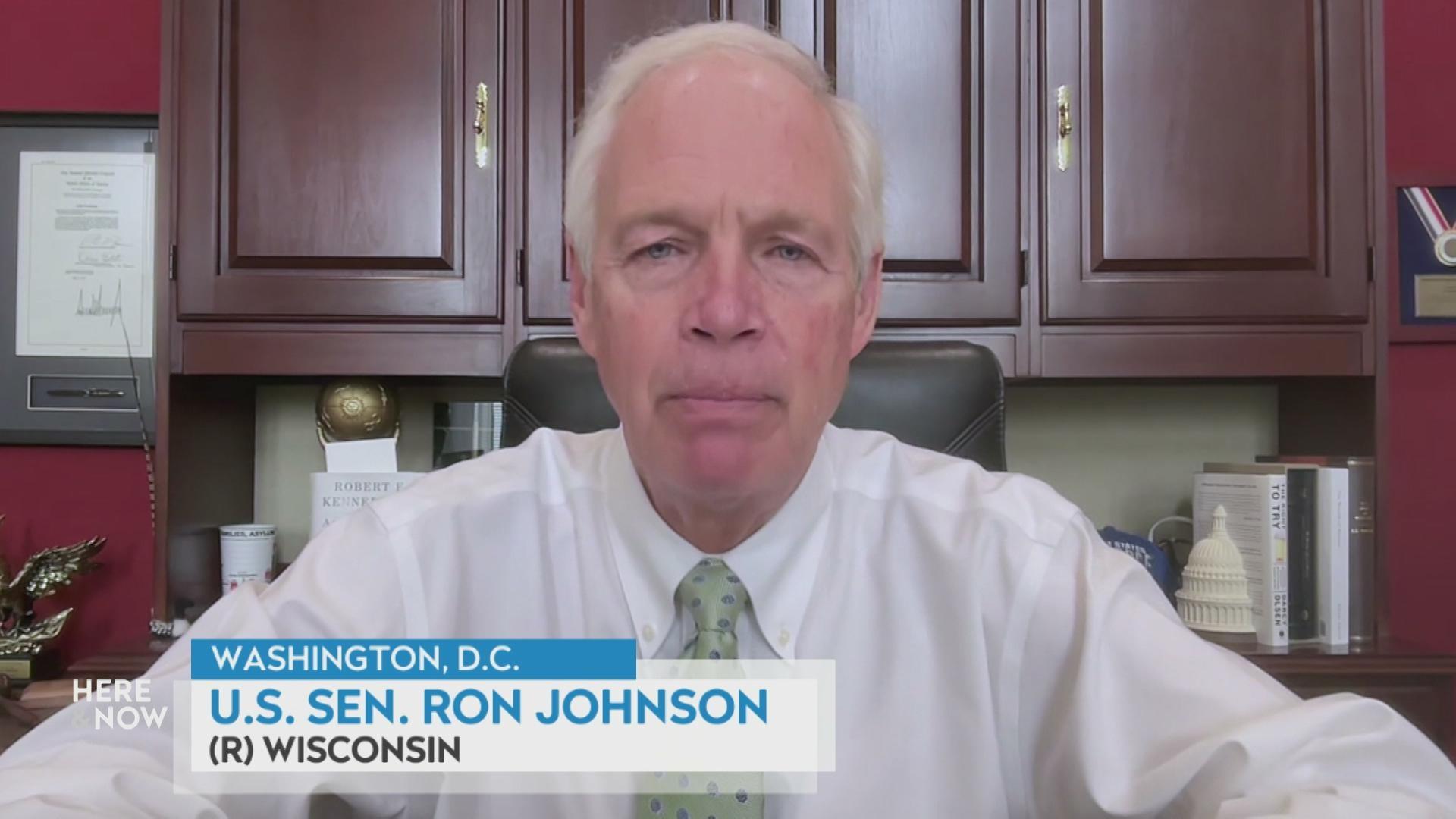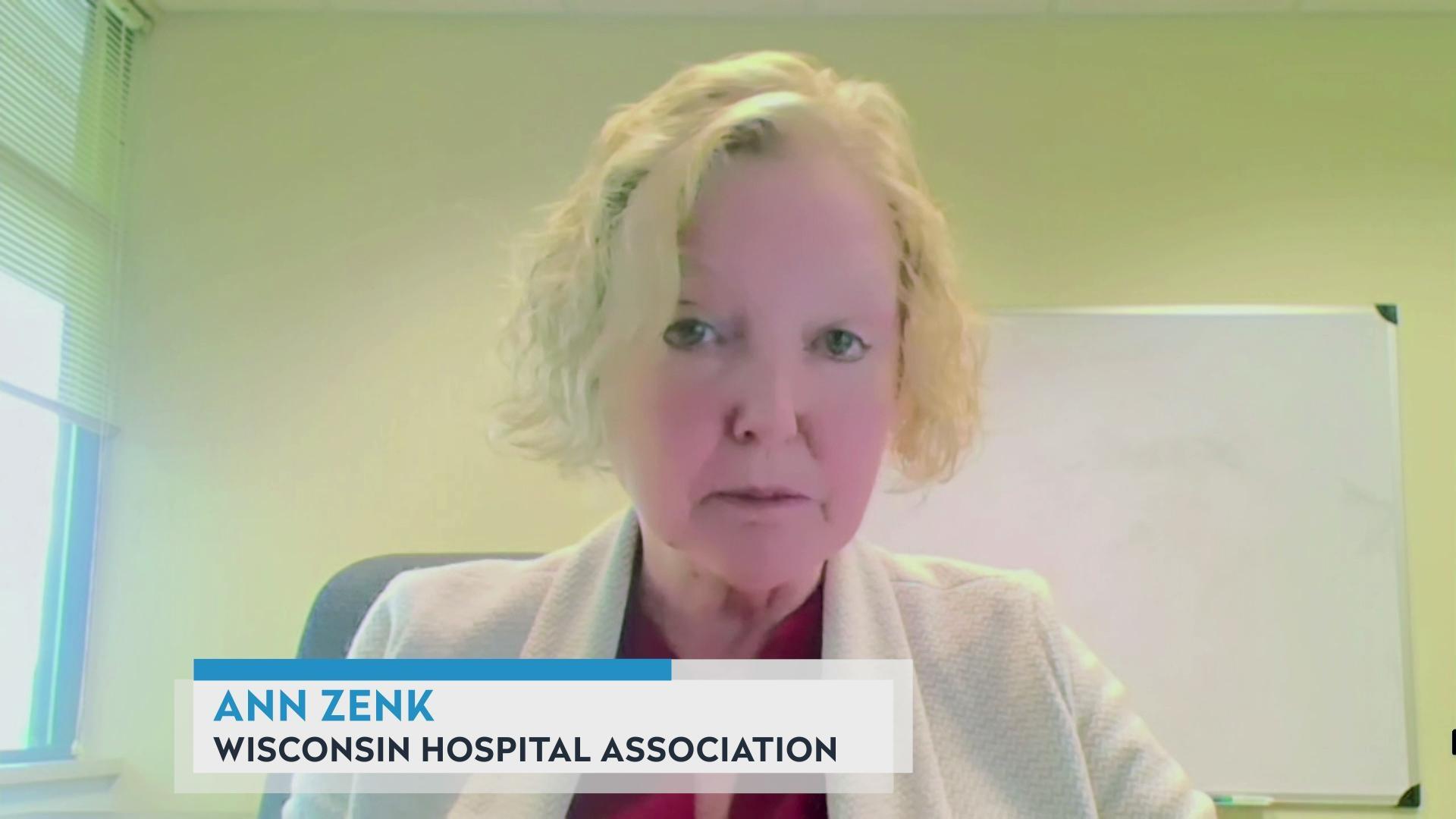Dan Hereth on the professional license process in Wisconsin
Wisconsin Department of Safety and Professional Services Secretary-designee Dan Hereth discusses the agency's work to streamline occupational licensing while upholding standards and legal obligations.
By Zac Schultz | Here & Now
June 6, 2023
VIDEO TRANSCRIPT
Zac Schultz:
So after a roundtable like today, how quickly can you take some of those ideas and turn them into reality with the system you have?
Dan Hereth:
Yeah, you know, there are a lot of, you know, considerations that come into play. Obviously, you've gotta do your cost and benefit analysis on all of the opportunities in front of you. There have been really interesting instances where, within a matter of weeks, we've been able to take ideas and either augment existing solutions or create new solutions. And, you know, I think that that, it doesn't just speak to the flexibility of the platform, but it speaks to our willingness to really understand our partners and where they're at and meet them where they're at. You know, the primary example I give on this, and maybe I'm dating myself a little bit, is, we call it, the kind of the Apple-fication, right, of the world, is this idea that you shouldn't need an instruction manual because something should be so self-explanatory that you can just move through the process seamlessly. Well, to some of us, that seems a little bit odd, right, the fact that people have this expectation that they shouldn't need to read through things to understand things. But, at the end of the day, it's incumbent upon us, as an organization, to meet people where they're at. And so that means investing in tools that are more streamlined, that are more self-explanatory. It means investing in systems that prompt the people we work with to take the steps necessary to move through the process. And those are all the types of things that we've invested in and/or are looking at investing in to help, not just help us be successful, but help the people we work with be successful.
Zac Schultz:
One of the things that I think a lot of people look at this as talking about licensing, they're not thinking of the opposite end of that, which you mentioned is in your title, is safety. How do those two go hand-in-hand?
Dan Hereth:
Yeah, absolutely. The legislature and our boards have, over many decades, identified the standards that they view to be minimally acceptable, in terms of somebody's ability to perform tasks in a given licensed profession. And so it starts with that, right? It starts by making sure that the folks that say they are a nurse, they went to nursing school and that they passed the relevant exams and that they don't have concerns in their, potentially, in a criminal background check that may lead us to believe that they aren't a good candidate for that profession. But then it extends beyond that. We also have legal processes, whereby if an incident happens, a member of the public or an employer can submit a complaint about a license holder and we can evaluate did this person act appropriately as required by law for their profession? And so, really, it's kind of on two ends of the spectrum, right? It's making sure they're qualified on the front-end and then, on the back-end, it's holding people accountable, not just to the existing standards, but then, also, to staying up to date on standards through things like continuing education.
Zac Schultz:
I mean, the flip side of the people complaining about bureaucracy is, like, if it wasn't doing what it was supposed to do, then anyone could pretend to be anything. I mean, then there goes your safety, there goes your guarantee that things are done correctly.
Dan Hereth:
Like we talked about a little earlier, it's really about making sure that, at the end of the day, if I'm on vacation in Minocqua and my son gets sick, I can take him to that clinic and I can be reasonably assured that we have appropriate, competent professionals doing the work that they need to do to help my son feel better or, for that matter, walking into a building and not having to worry about, "Oh, is the structural integrity "of the building look sound?" I wouldn't have that knowledge to judge that anyways, but I know other people are doing that work, so that we can feel safe and confident in our daily lives and the work we do here.
 Passport
Passport











Follow Us